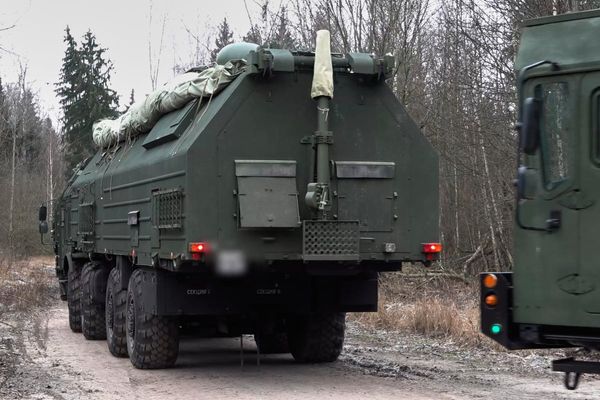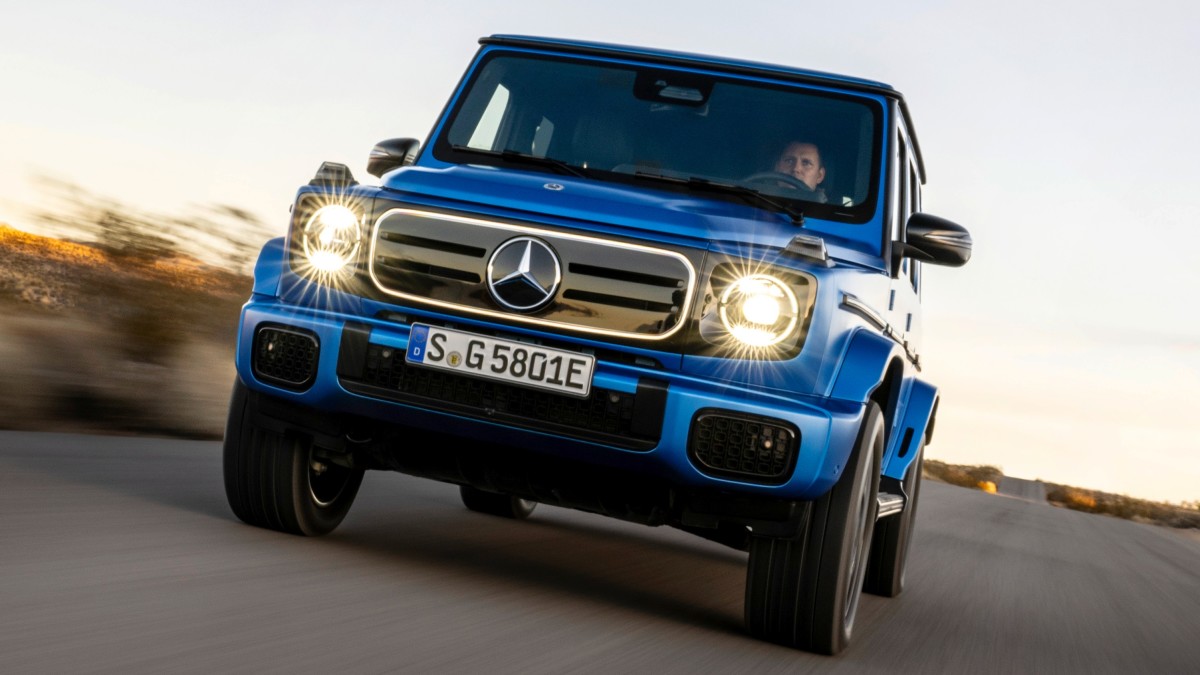
Despite the emissions benefits that come with switching from a car powered by gasoline or diesel-fueled engine to a battery-electric vehicle, it is not an entirely "clean" transition.
Many automotive contemporaries like Ford CEO Jim Farley would point out that the 300+ miles of electric range that buyers expect from their EVs require bigger, more expensive batteries that require a lot of raw materials.
Don't miss the move: Subscribe to TheStreet's free daily newsletter
From Hyundai to Tesla, most EVs on the road are powered by lithium-ion batteries—the same sort of batteries inside your smartphone or laptop. Three materials, lithium, nickel, and cobalt, are some of the primary ingredients in most of these batteries, but they are associated with some very problematic links in their supply chain.
According to a February 2024 report by the MIT Climate Portal, 60% of the world's lithium is located in brine mines in a region in South America called the "lithium triangle," where mining can occur in "ecologically sensitive areas."
Furthermore, a 2023 Amnesty International report recognizes that cobalt and copper mining in the Democratic Republic of the Congo (DRC) has led to egregious human rights abuses and the eviction of entire communities from their homes.
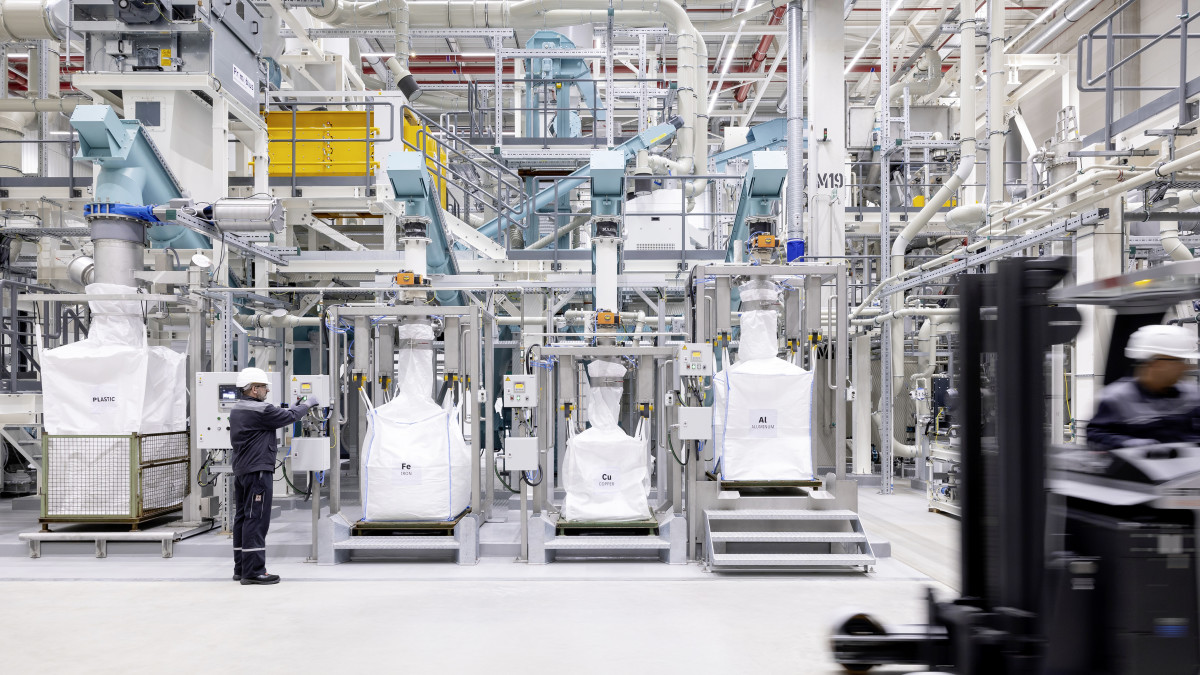
Mercedes-Benz
Mercedes' EV recycling solution
With these concerns in mind, Mercedes-Benz (MBGAF) has taken matters into its own hands by opening up a battery recycling plant.
Located in Kuppenheim, Germany, the automaker claims that the new plant creates what it calls a "genuine circular economy" regarding its EVs.
With this facility, Mercedes claims to be the first "car manufacturer worldwide to close the battery recycling loop with its own in-house facility," allowing the manufacturer to "significantly reduce the consumption of valuable primary resources."
The three-pointed star says it can extract and recover more than 96% of the extremely valuable and finite raw materials used in its EVs. It claims that through this factory, it can recover enough lithium, nickel, and cobalt to make more than 50,000 new EV batteries every year.
Mercedes-Benz says it uses a multi-step hydrometallurgical process to recycle the ingredients that make up the electrodes inside the battery cells. Here, chemicals are used to extract lithium, cobalt, and nickel, while in other areas of the factory, battery materials like plastics, copper, iron, and aluminum are separated and sorted for recycling.
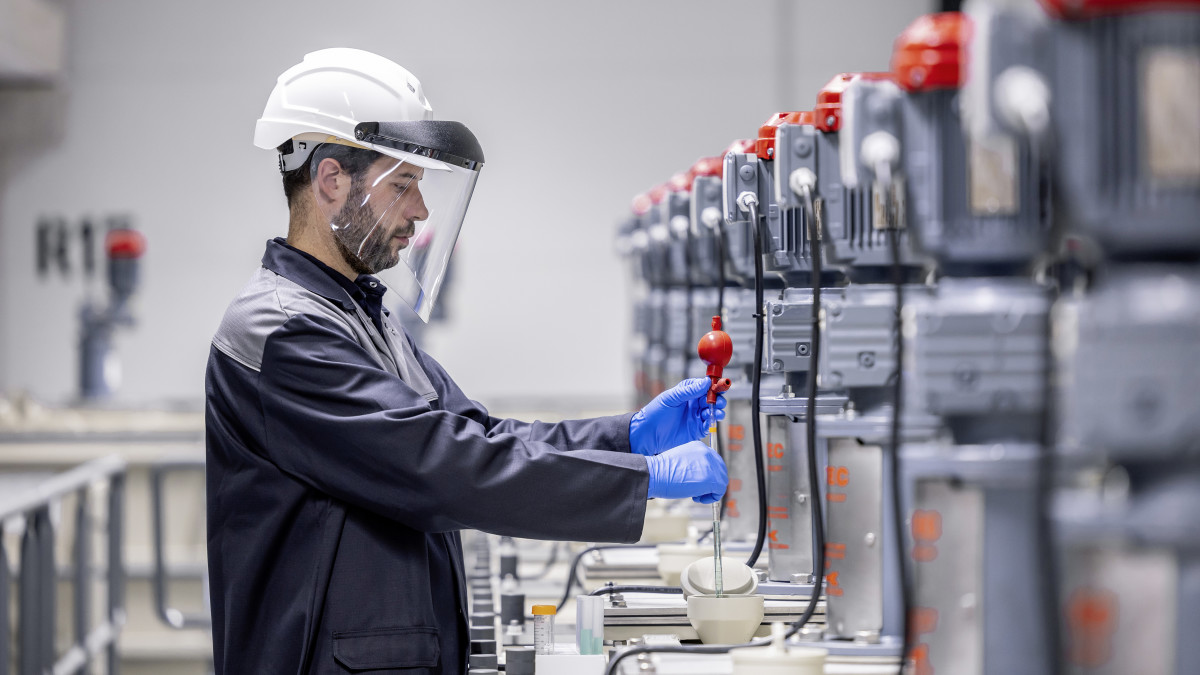
Mercedes-Benz
The luxury automaker says its factory is powered by "100% green electricity," aiming to conserve and reuse as many resources as possible, and can process about 2,500 tons of battery materials annually.
Already, Mercedes offers refurbished batteries as replacements for its electric vehicle line. Furthermore, through its Energy division, the brand also offers Tesla Powerwall-style energy solutions that use reconditioned electric car batteries that are no longer fit for use in its cars.
“Mercedes-Benz has set itself the goal of building the most desirable cars in a sustainable way," chairman of the Board of Management of Mercedes-Benz Group AG, Ola Källenius, said.
"As a pioneer in automotive engineering, Europe’s first integrated mechanical-hydrometallurgical battery recycling factory marks a key milestone towards enhancing raw-materials sustainability."
The plant, partially funded by the German Federal Ministry for Economic Affairs and Climate Action, is also a joint venture between Mercedes, engineering firm SMS Group, and Neometals, which developed the chemical process for recycling lithium, cobalt, and nickel.
More Business of EVs:
- A ridiculous Tesla Supercharging flaw is making EV owners hostile
- Study: EV charging stations have a secret built-in business benefit
- Mercedes latest tech is ahead of Tesla in one key area
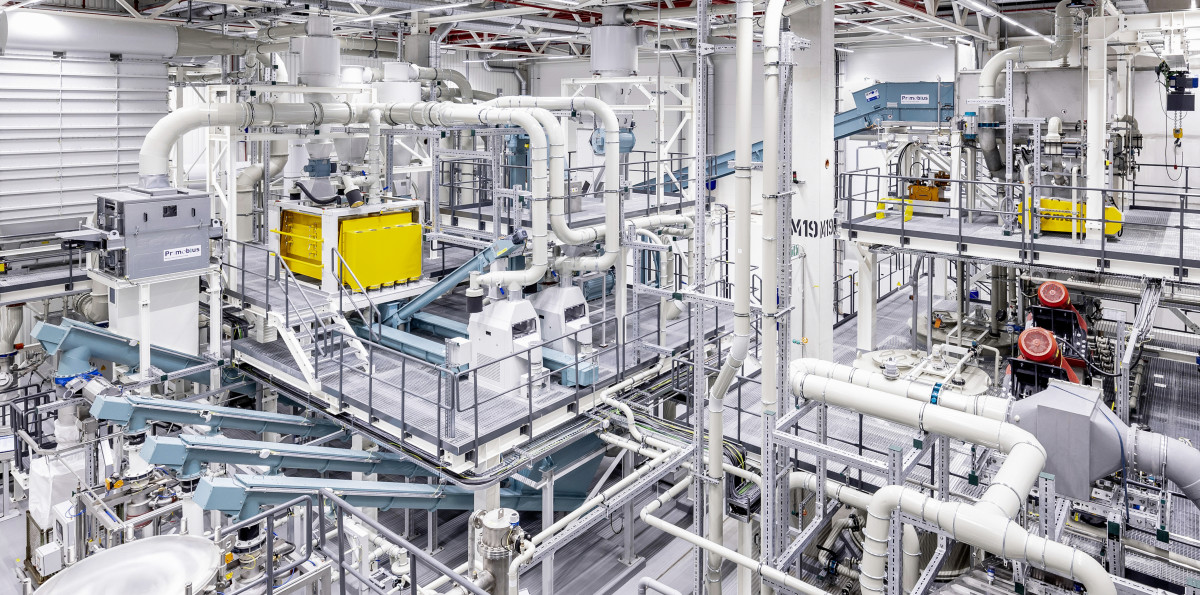
Mercedes-Benz
Solving the EV Battery Material Problem
Mercedes-Benz is far from the lone manufacturer that recognizes problems with the constraints and possible future issues in the current EV battery supply chain.
According to an internal Toyota document shared with its U.S. dealer network and viewed by Jalopnik in May 2023, the Japanese automaker explained that its push toward hybrids instead of EVs was based on the lack of EV charging infrastructure, affordability and, most importantly, the finite amount of lithium, cobalt, nickel, and graphite in the ground.
Toyota's rationale is the 1:6:90 rule, which states that the amount of raw materials needed for the battery in one battery-electric vehicle designed for 300+ miles of range is equal to six plug-in hybrid batteries or 90 batteries for hybrid-electric vehicles like the Prius.
"For the same limited resources, instead of replacing one internal combustion engine, you can replace 90," the Toyota executives said. "The overall carbon reduction of these 90 vehicles over their lifetimes is 37 times as much as a single battery-electric vehicle."
Related: New study suggests EVs are supercharging an impending environmental crisis
Additionally, a study conducted by Cornell and University of Michigan professors in May 2024 argued that another critical material, copper cannot be mined quickly enough to make the wires and other components needed to fulfill the current goals toward renewable energy.
“A normal Honda Accord needs about 40 pounds of copper. The same battery electric Honda Accord needs almost 200 pounds of copper. Onshore wind turbines require about 10 tons of copper, and in offshore wind turbines, that amount can more than double,” University of Michigan Earth & Environmental Sciences professor Adam Simon said. "[...] the amount of copper needed is essentially impossible for mining companies to produce.”
Related: Veteran fund manager sees world of pain coming for stocks

